In today’s digital age, platforms like TikTok have become more than just apps — they’re cultural hubs that connect millions of people worldwide through videos, trends, and discussions.
But with TikTok at the center of calls for a ban, largely due to concerns over national security, a major question emerges.
Are we willing to compromise our freedom of speech for the sake of security? Given TikTok’s widespread influence, especially among younger generations, the debate surrounding its potential ban has grown more complex. With millions of people using the app every day, a ban would likely alter how we connect and express ourselves online, which raises questions about how we protect our digital rights in this new era.

On the evening of Jan. 18, TikTok users across the U.S. were stunned to find the app temporarily inaccessible.
This sudden, although brief ban, left millions without their favorite platform for sharing, learning, and connecting. While access was restored within hours, the incident highlights the growing tension between national security concerns and free speech in the digital age.
Some critics argue that TikTok, owned by ByteDance, a Chinese tech company, poses a unique national security threat. Unlike U.S.-based tech companies, Chinese companies are subject to laws requiring them to share data with the Chinese government upon request. This has fueled concerns that TikTok’s data collection practices, including tracking location, browsing history, and other sensitive user information, could be exploited for espionage or influence operations.
However, many other tech companies, including Facebook and Google, gather similar data — yet they largely remain under U.S. jurisdiction. So, why focus solely on TikTok? Are we more concerned with the platform’s ownership than with the bigger picture of data privacy?
The truth is, while TikTok’s ownership may amplify valid concerns, we should not ignore the larger issue of data privacy regulation across all social media platforms. If we’re going to scrutinize TikTok, we need to hold all tech companies to the same standard, ensuring greater transparency and accountability about how our personal information is handled.
Instead of pointing fingers at one app, it is time to take a step back and push for better regulations across the board. Taylor Monares, a student at EvCC, highlighted that TikTok’s primary national security concern stems from its ownership by ByteDance. “Chinese laws require companies to cooperate with government intelligence requests, raising fears that TikTok data could be accessed by the Chinese government,” Monares said.
This concern, coupled with the potential for algorithmic manipulation, sets TikTok apart from other platforms. Fears are it could subtly influence public opinion or spread disinformation favorable to foreign interests. When asked about how TikTok’s data collection practices compare to U.S.-based companies like Facebook or Google, Monares noted that TikTok collects similar types of data, such as location, device information, and user behavior.
However, the key difference according to Monares, lies in how and where the data might be stored or accessed. “U.S.-based companies are subject to American privacy laws and oversight, whereas TikTok’s data infrastructure and ownership by a foreign entity complicate transparency.”
TikTok isn’t just a place for fun videos — it’s become a powerful space for self-expression, activism, and even social movements like #BlackLivesMatter and #MeToo. These movements gained traction thanks to viral TikTok content, which helped marginalized communities amplify their voices and organize.
For younger generations, particularly Gen Z, TikTok has become a major platform for raising awareness and making political statements that resonate worldwide. Beyond activism, TikTok provides a creative outlet where users can express themselves authentically. The platform’s short-form videos encourage a raw, unfiltered approach to communication, which is something that sets it apart from other, more polished social media sites.
If TikTok were banned, it would cut off a vital means of expression for many people, especially those who rely on it for both personal and political expression. Monares also addressed whether concerns about TikTok’s ownership are more about geopolitics than actual data privacy risks.
“Partially, yes,” she said. “While the data privacy risks are real, they are not entirely unique to TikTok. However, TikTok’s ownership by a Chinese company ties directly into broader geopolitical tensions between the U.S. and China, making the issue a focal point in this rivalry.”
The weekend ban served as a chilling reminder of how fragile our digital spaces for free expression can be. It briefly cut off a platform many use to voice opinions, learn about current events and engage in global conversations. EvCC students, for example, use TikTok not just for entertainment, but to keep up with current events, connect with peers, and engage in larger societal conversations.
A permanent TikTok ban could have real consequences. Many students rely on the app for educational purposes, social engagement, and creative expression. If the app were to disappear, these students would lose an important tool for both their personal and academic lives.
TikTok is a space where people come together around shared interests. Without it, we could see a significant loss in community and collaboration. TikTok has become an essential tool for communication — one that many students simply can’t afford to lose.
Discussing the potential impact on students and younger generations, Monares emphasized the importance of TikTok for activism and self-expression. “A TikTok ban could significantly affect younger generations who use the platform as a creative outlet, a space for self-expression, and a tool for activism.”
For students at EvCC, TikTok serves as a unique community-driven platform that fosters creativity, communication, and shared experiences.
If we allow TikTok to be banned for national security reasons, what’s next? If we justify censorship based on one platform, what’s stopping the government from doing the same to other apps that challenge the status quo?
This opens up a dangerous precedent, where the line between national security and freedom of expression becomes increasingly blurred. It’s a slippery slope, one that could eventually undermine the very principles that make free speech so vital in democratic societies.
Monares pointed out that TikTok has become a vital platform for marginalized communities, enabling users from underrepresented groups to reach global audiences. “Its algorithm allows for the amplification of issues like racial justice, LGBTQ+ rights, and mental health awareness.”
Losing TikTok could disproportionately affect these communities, removing a powerful tool for visibility and advocacy. History has shown us that governments will often use national security as a reason to restrict free speech. Take the post-9/11 surveillance programs, for instance. While they were designed to protect the country, it led to widespread violations of privacy and sparked major debates about the balance between the safety of the country and individual freedoms.
The same could happen with TikTok — where a ban is seen as a quick fix for data privacy concerns but ultimately ignores the deeper issue of how we regulate all tech companies. Instead of targeting one app in particular, we need to advocate for a more comprehensive approach to data privacy.
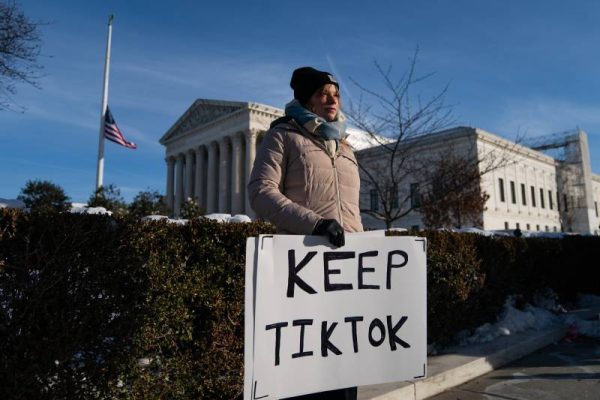
Let us focus on creating clear, enforceable rules that hold every platform accountable for how it collects and uses our data. Let us make sure these rules are applied equally across the board, so no platform is above scrutiny.
The temporary TikTok ban sets a concerning precedent. If the government can shut down one app overnight, what’s stopping them from censoring other platforms in the name of national security? This erosion of digital freedom could lead to a future where tech companies and their users live in fear of abrupt restrictions.
The debate over whether to ban TikTok goes beyond just one app. It’s about how we navigate the intersection of technology, security, and freedom in the 21st century.
For EvCC students, the stakes are high. This is not just about losing access to a platform, but about the very freedoms we rely on to communicate, learn, and advocate. As we grapple with complex issues like data privacy and national security, we must ensure that the solutions we implement prioritize transparency, fairness, and the voices of those who stand to lose the most.
The brief TikTok ban should serve as a wake-up call for lawmakers and users alike. It underscores the urgent need for comprehensive, transparent policies that address data privacy without jeopardizing the freedoms that define our democracy. As we navigate these challenges, we must prioritize solutions that safeguard both security and the right to free expression.
The question isn’t simply whether TikTok should be banned, but whether we’re willing to risk our core freedoms in the name of national security.

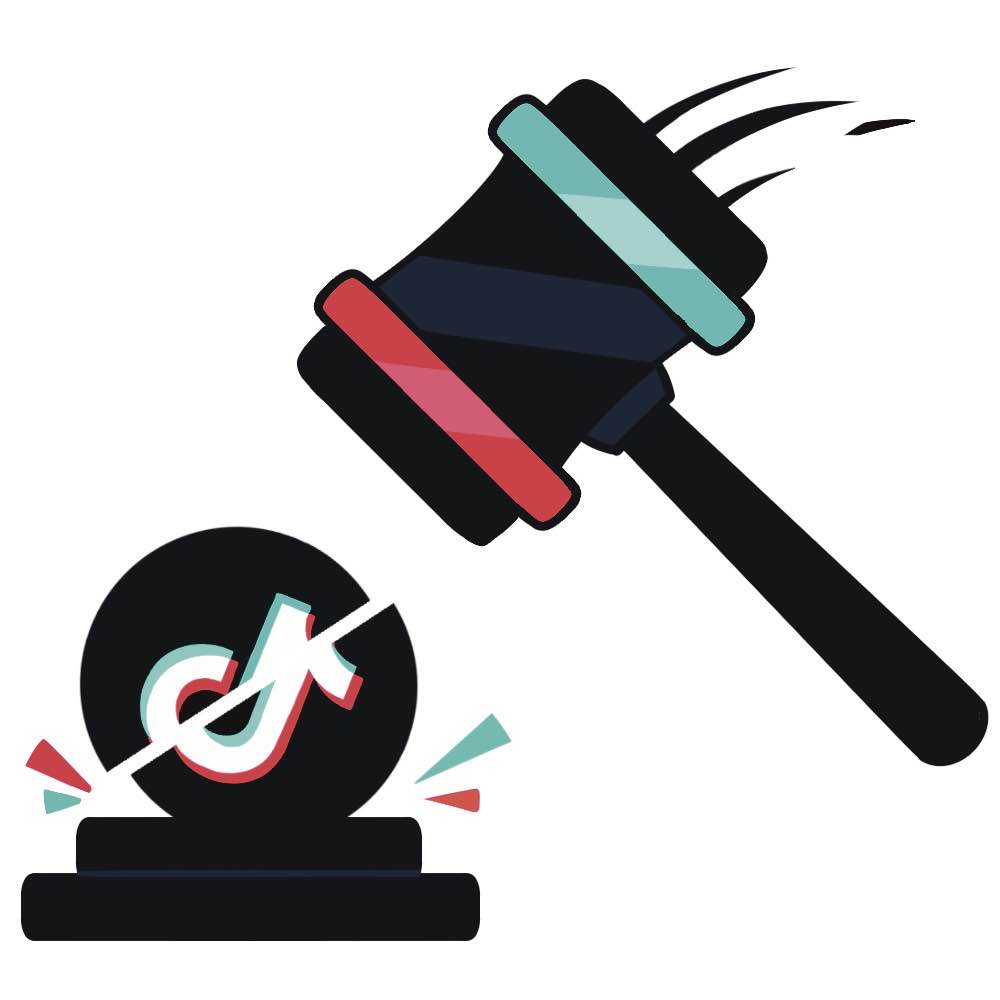



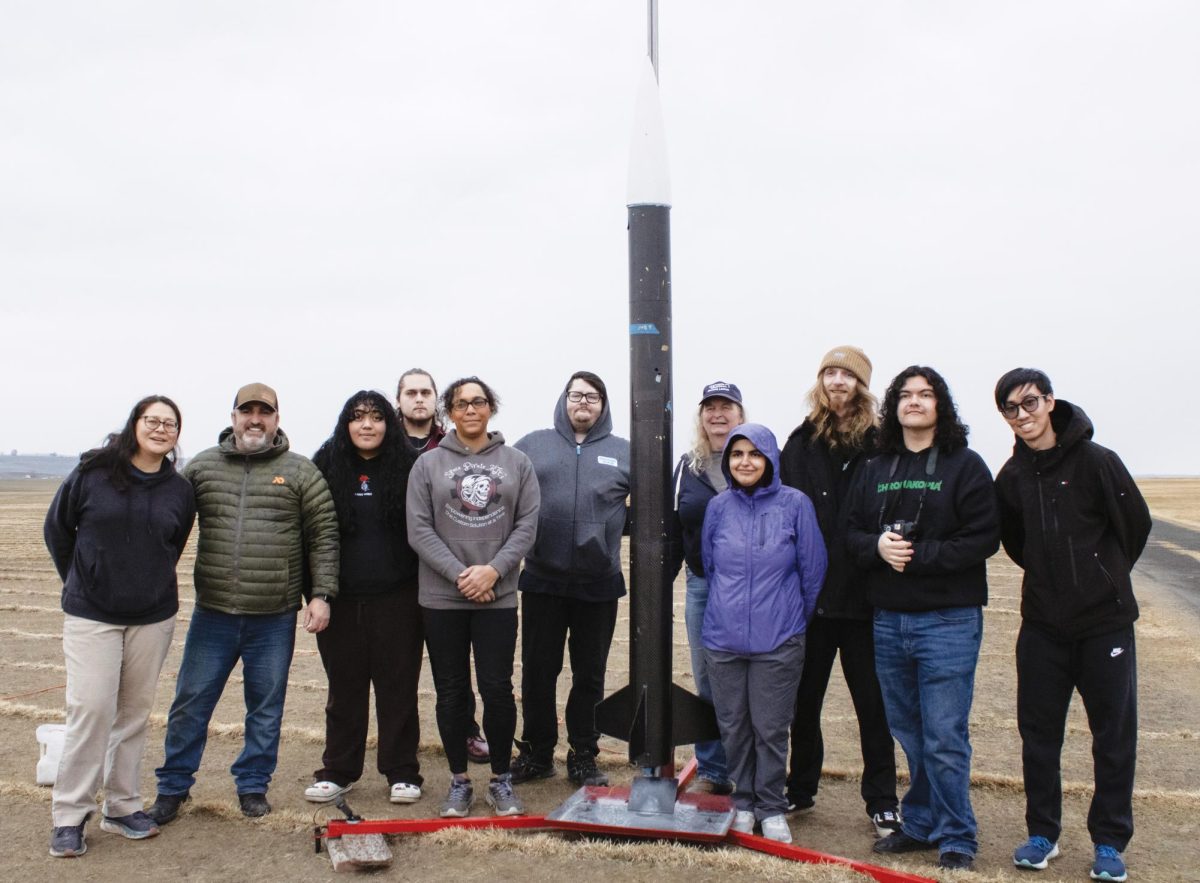




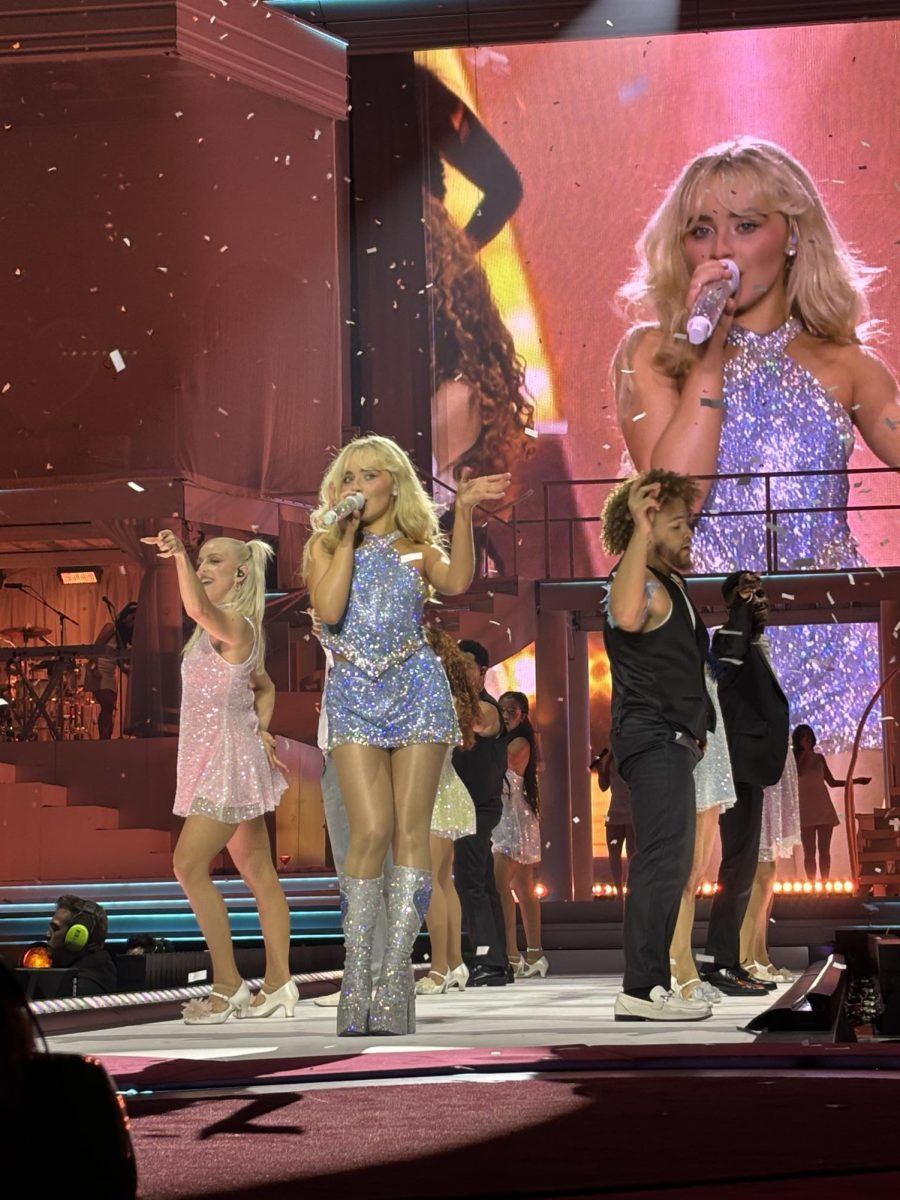
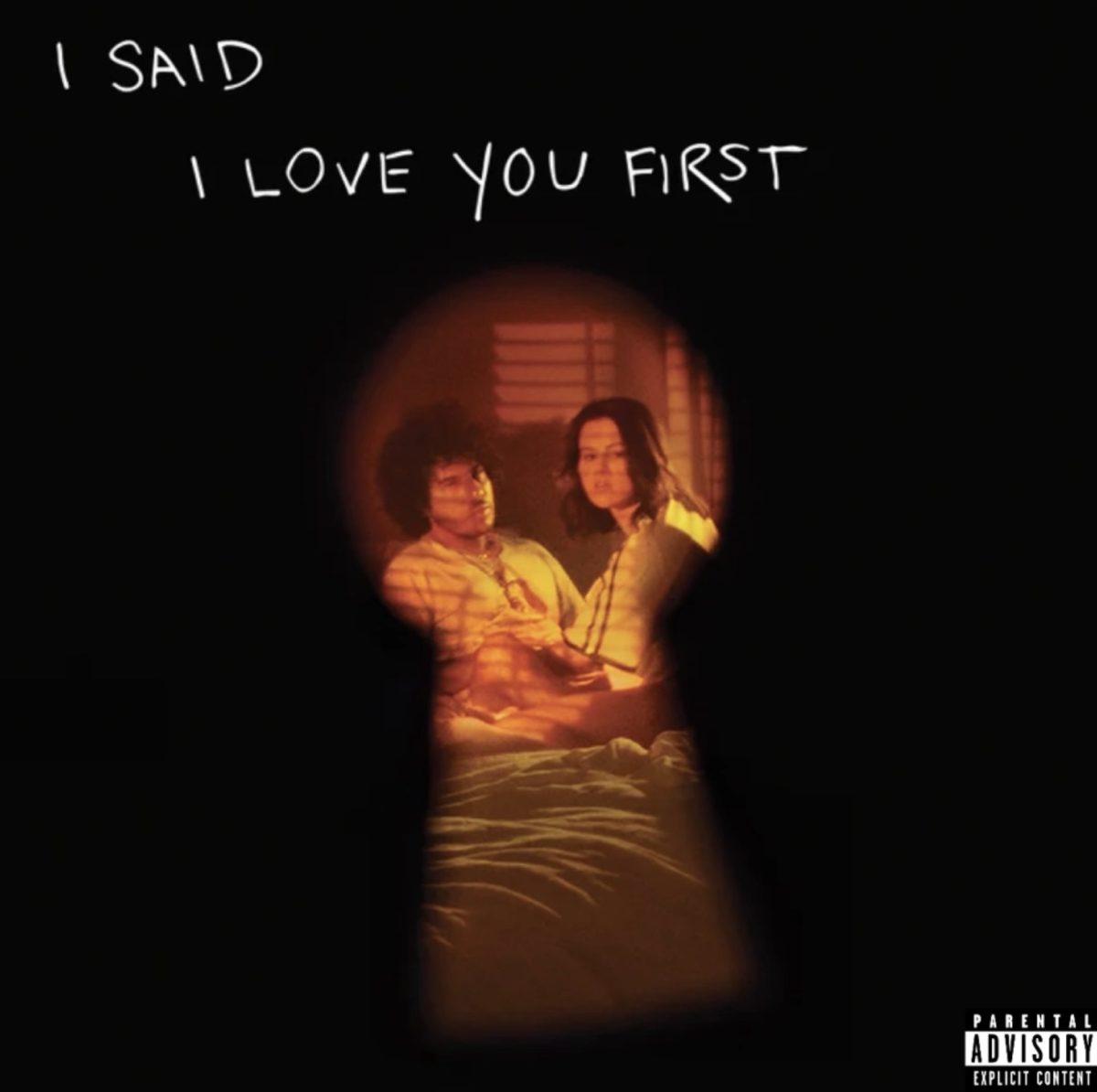
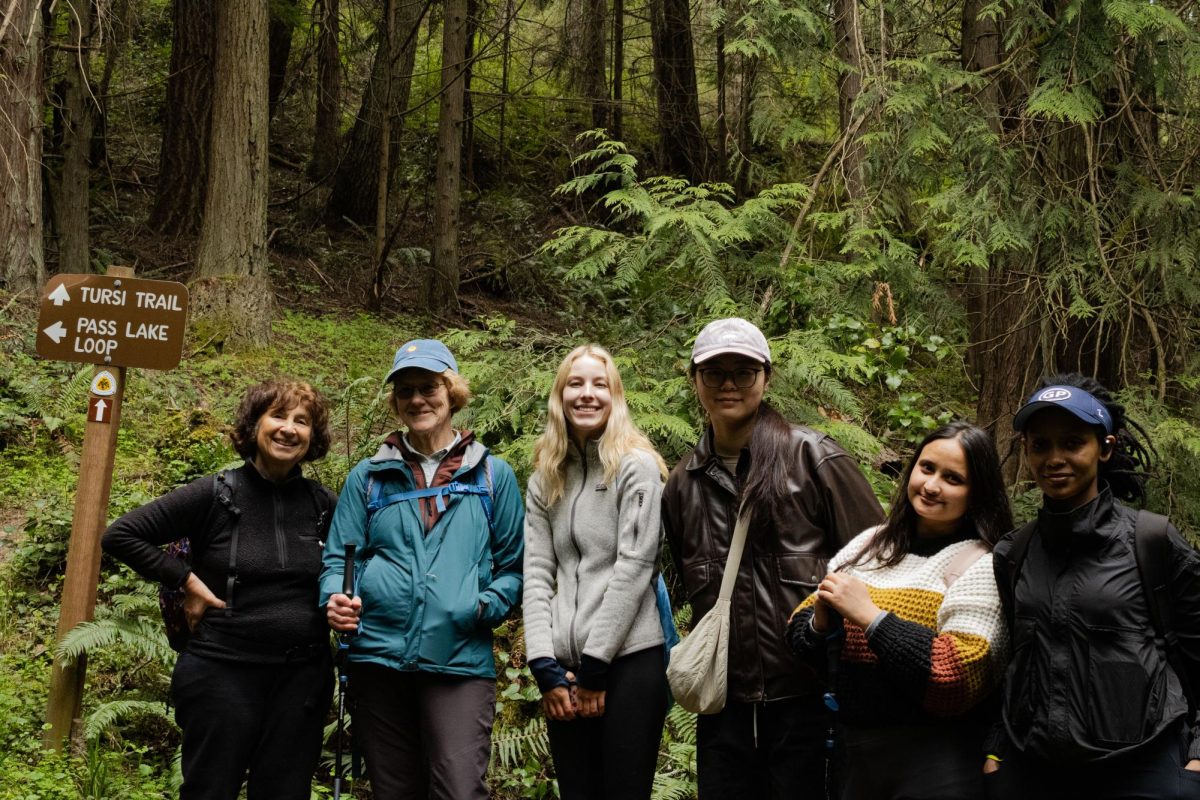


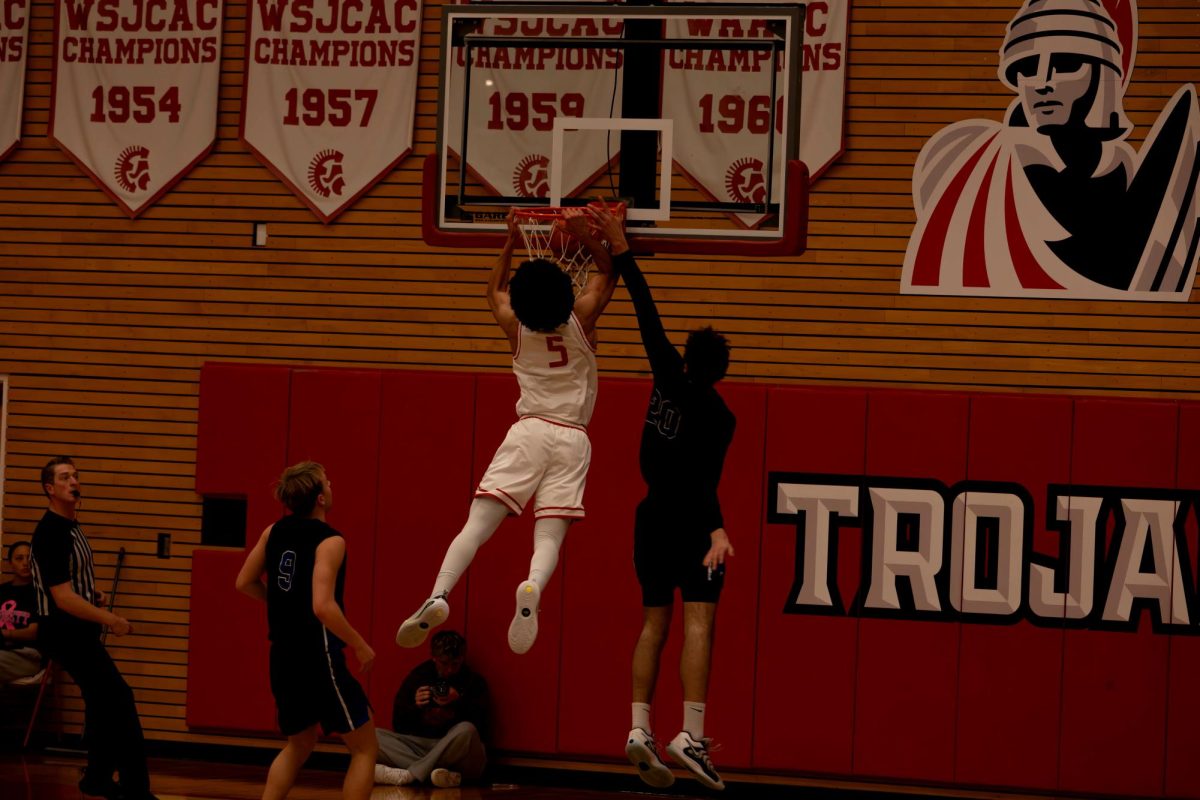
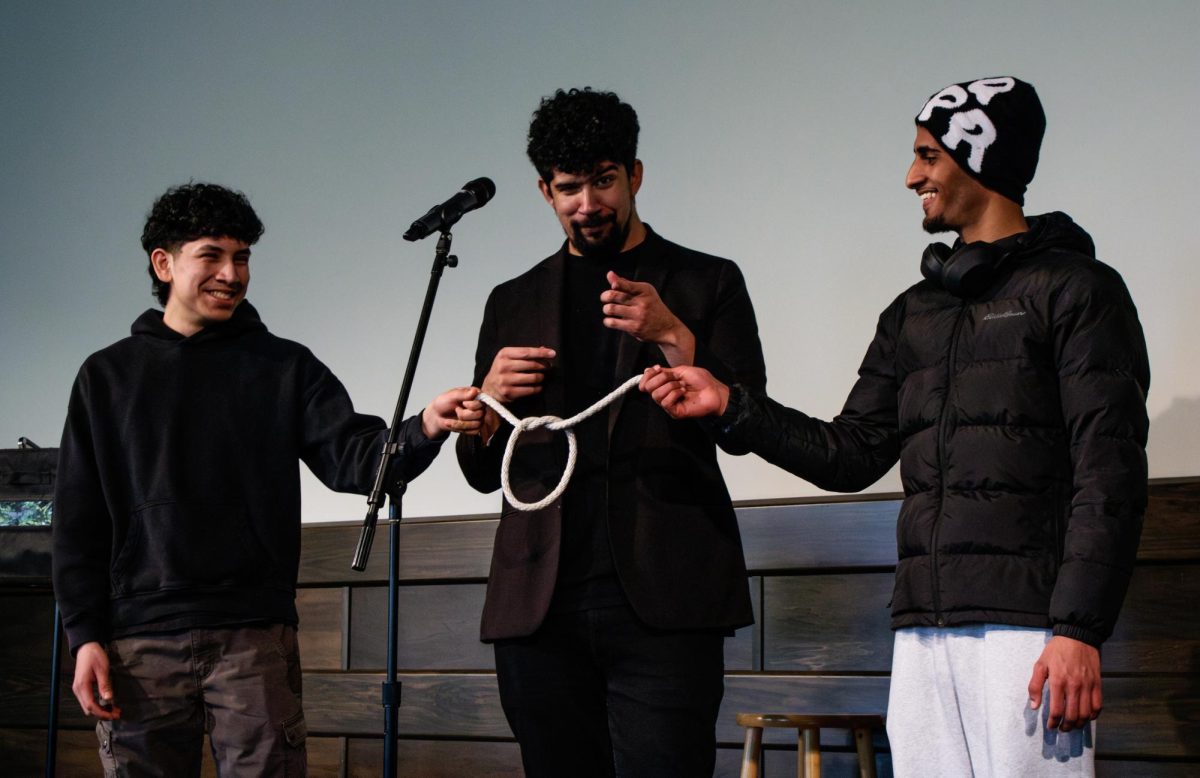
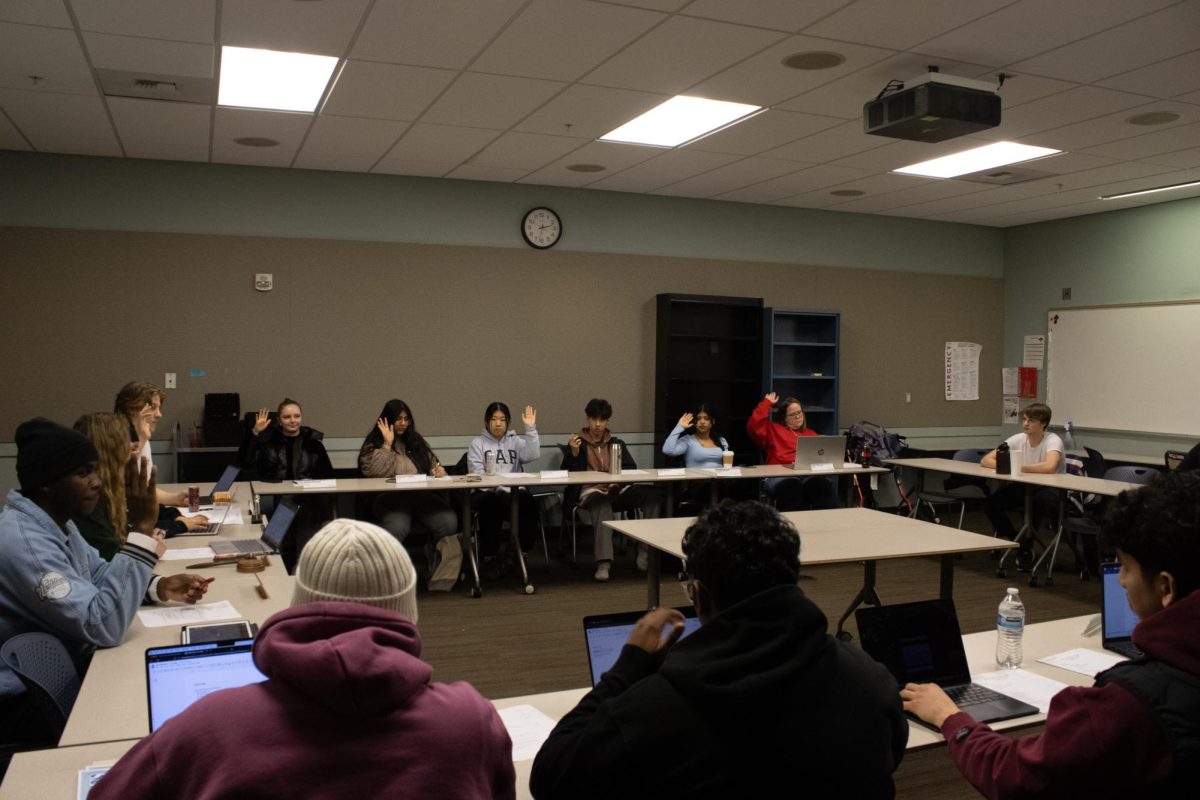


Andre Payton • Jan 31, 2025 at 11:28 am
Very well said 😊